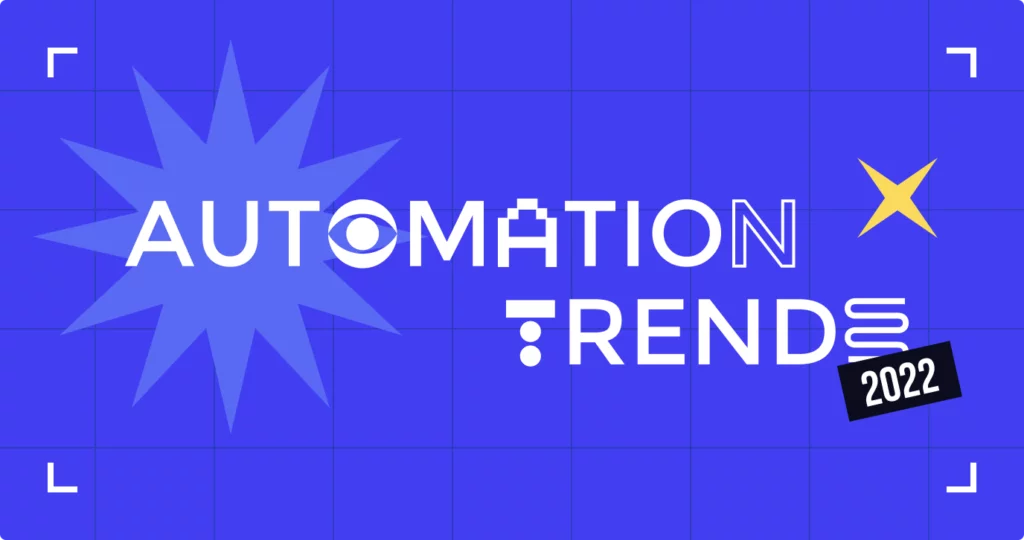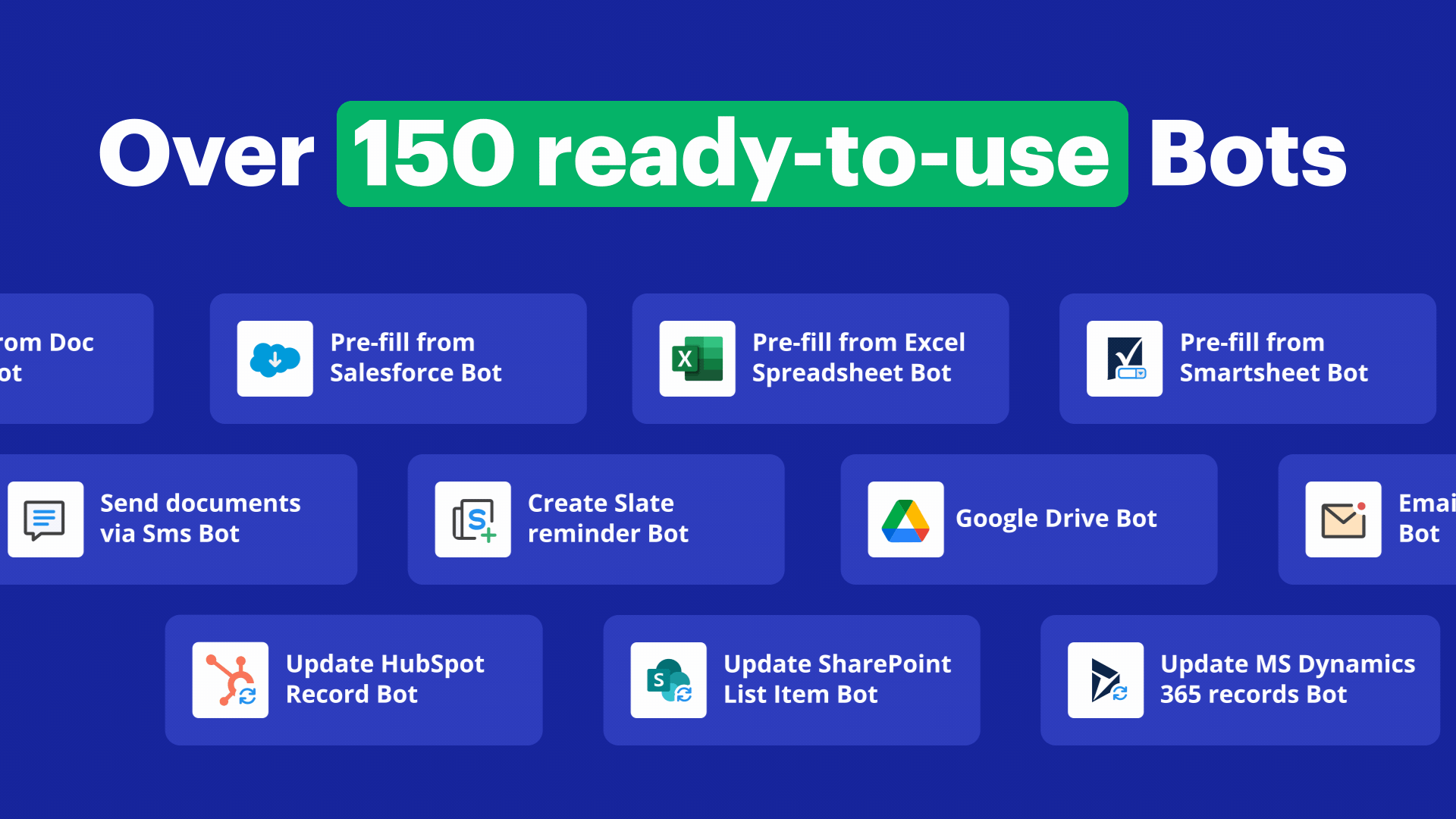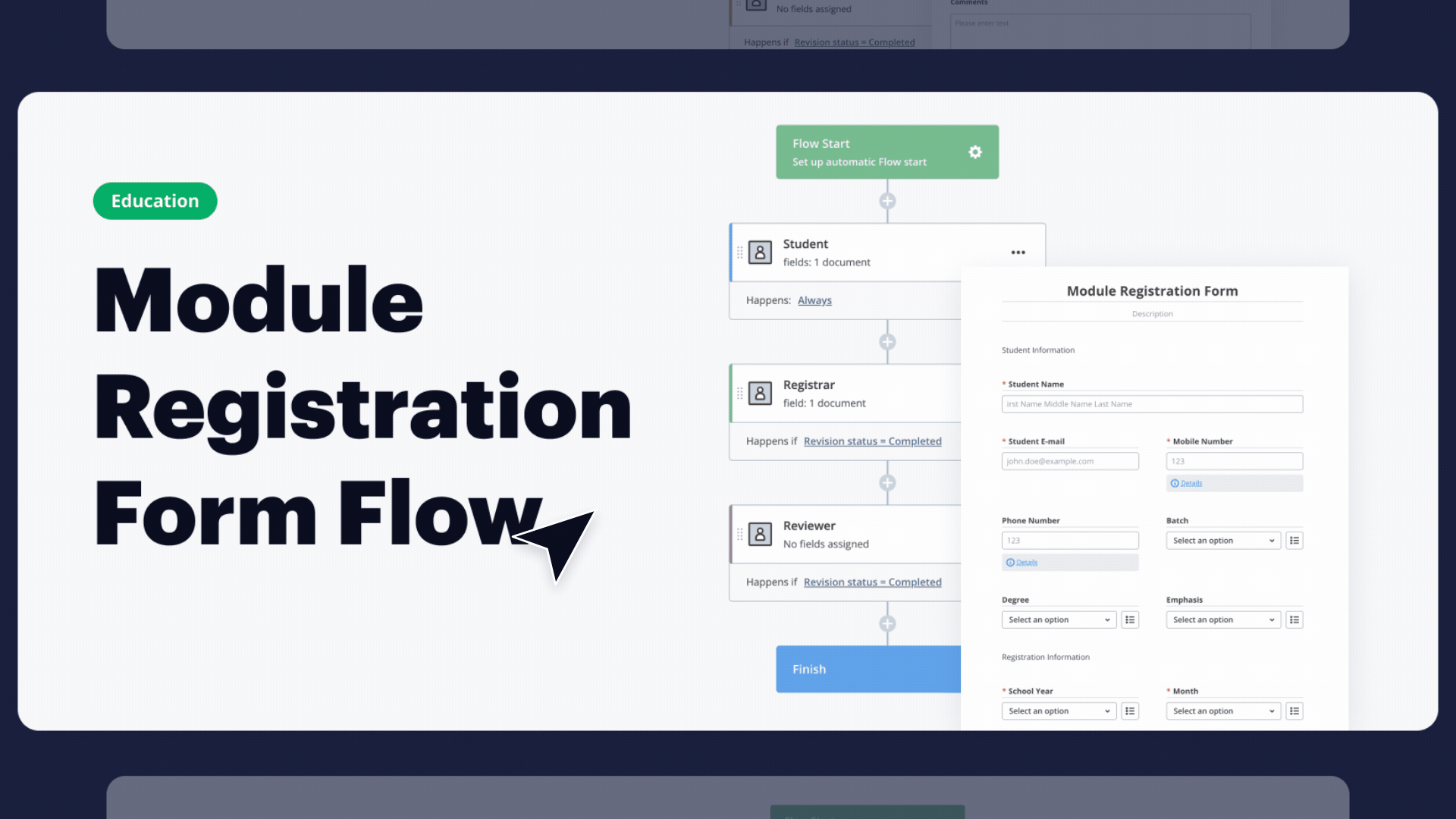
In 2021, digital transformation was the name of the game. In response to the challenges presented by the pandemic, industries honed in on adopting digital solutions while singling out untapped potential hiding in the digital marketplace. Automation played a key role in the digital transformation occurring across industries. As we look to 2022, our predictions indicate that automation’s position as a leading technology in the business world will remain unchanged.
While automation trends will undoubtedly evolve in 2022, the IDC FutureScape report predicts that enterprises investing in the development of their digital resiliency will likely be able to adapt to future disruptions and respond to changing conditions 50% faster than companies focused on restoring or maintaining existing resiliency levels.
We believe automation will play a major role in pushing companies and industries forward. So the question for 2022 is not “What are the future tech trends to track?” but rather “What are the future trends in automation to look out for?”
Top automation trends to follow in 2022
As we’re six months into 2022, it’s becoming evident that several powerful automation trends are currently dominating the digital landscape:
- Voice-activated automation
- Instant collaboration
- Hyperautomation
- More automated workflows
Watch the video below to learn more about the top four automation trends of 2022:
1. Digital automation will be the driver of digital transformation
As companies continue their digital transformation journeys, automation will influence their strategies for 2022. Digital transformation is nothing new in the marketplace, but as industries reel from the pandemic, digitalization has become a focal point for many. The progress digital transformation has made in the last year and a half alone has resulted in many marketplaces providing automation as a tool for driving this digitalization.
airSlate CEO and co-founder Borya Shakhnovich explains that automation will become a solution for many areas of business: “We’ll see automation begin to touch all facets of businesses, for example, fulfillment, accounting, advertising, and marketing. This concept will percolate to SMBs with customer relationship automation, which I anticipate is where we’ll see the most growth in the next decade.”
While discussing trends in automation, Gartner echoed this idea, pointing to hyperautomation as an approach expected to take hold this coming year. Hyperautomation is all about quickly identifying and automating as many processes as possible in order to ensure growth and prepare a company for facing down future challenges. Regardless of speed or scale, automation is here to stay in 2022.
2. RPA will be critical to building bridges as system adoption grows

More and more businesses are turning to tech solutions to digitally transform their processes and business objectives. But more systems in operation often introduce new challenges—which is why the demand for robotic process automation (RPA) will likely be on the rise alongside growing adoption rates.
“Being a data transfer mechanism between systems, RPA will ensure data parallelization and consistency between systems, a necessity in the face of the increasing adoption of new digital systems,” says Shakhnovich. “Simply put, new digital systems will not be able to be used to their full effectiveness without RPA added into the mix.”
It is possible that RPA won’t be a long-term solution to these issues, but its demand now will help determine how the technology survives in the years to come. As far as tech trends 2022 are concerned, it’s here to stay.
3. Industries struggling with worker shortages will find relief in automation
Whether directly or indirectly, the worker shortage—a pandemic byproduct posing significant challenges to the business world—has impacted every industry. For those hurting the most, like the supply chain or insurance industries, automation solutions will be key to their remaining operationally effective in the coming years.
While some may be asking “How are automation trends changing the industry?” as they look to 2022, others will be turning to automation as a lifeline—particularly in addressing a lack of qualified workers. Forrester predicts that 35% of service companies will introduce robot workers in 2022 to address their worker shortage.
As this automation adoption increases in high-demand industries, it’s important to note that human workers will remain incredibly valuable to businesses. While their role in a process may change (particularly when it comes to repetitive tasks that are easy to automate), their critical thinking and creative capacities will remain in high demand.
4. As “buy-now, pay-later” services proliferate, the automation industry will stand at the ready
As far as automation trends go, one worth keeping an eye on is the significant role that automation will play in payment services. The pandemic led to the rise of Fintech over the last 18 months, and that rise hasn’t ended. Consumers will continue to demand more payment options and automation will be pivotal in satisfying this need.
Specifically, “buy-now, pay-later” will become a focus for growth in many financial institutions. Under this payment model, these same institutions will turn to automation to improve the predictability of their revenue streams as transactions are completed over longer periods of time
“The growing demand for this payment option will really change how we view business in a general sense,” says Shakhnovich. “This shift in e-commerce is only the beginning of automation becoming more prevalent in everyday life.”
5. The (near) future of automation looks like AI, and in it, humans will fulfill new, more important roles

As AI technology becomes more sophisticated and companies spanning different industries continue to steadily introduce it, employee anxieties will grow, as will misperceptions of what AI can and can’t do. One common notion often used to dismiss AI is that it isn’t as smart as people think it is.
Whether or not that is true, it is more productive to explore how and where humans can add value to automation and machine learning. This is not the first time humans have adjusted to such technological advancement. Take the automobile industry as an example: Mechanized automation changed the industry in the early 20th century by advancing the production of automobiles. They are now mainly produced by machines rather than people, but people remained critically involved in the designing and assembly of automobiles. Even if people are no longer the ones doing the manual labor of screwing in lightbulbs, they will be involved in creating the robots that do.
This perspective on AI will grow in importance throughout 2022 and in the years to come. The International Telecommunication Union predicts that AI could contribute up to $15.7 trillion to the global economy by 2030.
The bottom line
Automation may not be a hot new technology, but the attention we pay to it should not waver in 2022. Whether for survival or acceleration, companies in every industry are primed to expand their adoption of automation in notable ways. We will see strides made in the digital transformation of businesses across the board, with automation as the driver.
Contact us to explore the possibilities of business automation with airSlate.
Fill out the form below to request a free demo!
- Top automation trends to follow in 2022
- 1. Digital automation will be the driver of digital transformation
- 2. RPA will be critical to building bridges as system adoption grows
- 3. Industries struggling with worker shortages will find relief in automation
- 4. As “buy-now, pay-later” services proliferate, the automation industry will stand at the ready
- 5. The (near) future of automation looks like AI, and in it, humans will fulfill new, more important roles
- The bottom line
